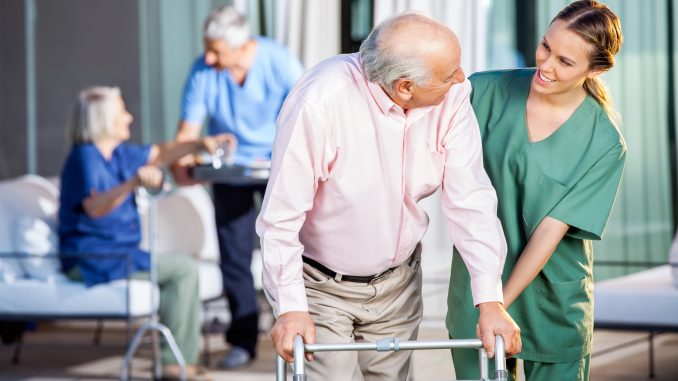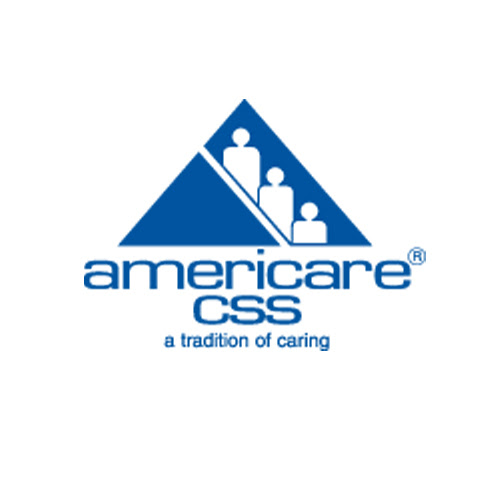
Due to demographic changes, job mobility, and an increasing number of single households – in the future, families will be less and less able to care for dementia patients at home. From Americare stress, the need for trained physicians, nurses, and therapists, which is already uncovered today, will continue to rise, as will the need for early diagnosis.
More than six million people in the United States work in helping professions, mainly as nurses. As a doctor in the fields of gerontology, psychology but also in the family doctor system, as a nurse, employees in geriatric care, ergo and music therapy as well as consultants in the elderly or senior nursing homes and homes, many of them come in contact with dementia patients. Anyone who is interested in a job in this environment or who would like to further develop in the direction of treating and caring for dementia patients will surely find what they are looking for – regardless of their school leaving certificate. The most important career opportunities at a glance:
Physically treating dementia patients
Family doctors are usually the first to recognize Alzheimer’s disease or another type of dementia and to accompany those affected for a long time even after the diagnosis. For this, special diagnostic skill is needed because dementia patients in the course of the disease can communicate ever worse, if and what other complaints they have. Through appropriate further education, family doctors can prepare for this task. Even specialists such as neurologists, geriatric psychiatrists, or internists can provide relief for dementia patients and their environment by the correct diagnosis and treatment.
Outpatient care in the home or hospital
The more dementia progresses, the less those affected can become understandable, they are more easily irritable and are stressed out more quickly. An unfamiliar situation, for example, a hospital stay, additionally causes stress. Specialists in the facilities can prepare for the proper handling of the patients. Professional associations, employers, and independent providers offer appropriate training and seminars. General information on all helping professions and the associated training is available, for example, from The Americare Companies.
Therapeutically support
Medication can not heal dementia so far, but only delay the course of the disease and relieve the suffering. Therefore patients affected with dementia also need accompanying non-drug therapies. Psychologists and psychotherapists, in particular, help dementia patients at an early stage to better deal with their situation. Physiotherapy and ergo and music therapy support those affected to maintain their abilities and thus their quality of life and independence as long as possible. As Faivish Pewzner explains in this patch interview, this also reduces harmful stress.
Organize care and nursing
Anyone who is well-organized, empathetic, and communicative can, as an old-time therapist or therapist, plan social and therapeutic services or, as a specialist consultant in the care of the elderly, manage the municipal senior work together with social providers and institutions. Anyone who would like to take on managerial tasks in homes or day-care facilities can obtain further training as a specialist or nursing specialist for nursing for the elderly and for nursing.
Get a taste of helping professions
Young people who are interested in a helping profession can do a nursing internship in a hospital or nursing home after school. They should plan for at least two months in order to get a comprehensive impression of the tasks on the ground and gain valuable life experience. Hospitals and social welfare offices are happy to accept applications.
Complete a Federal Voluntary Service or Voluntary Social Year
Anyone who already knows that they would like to take care of elderly and dependent people longer can do volunteer service in a nursing home or outpatient facility. The respective carriers are happy when young people support them in their work and cheer up the residents and residents by having time for individual discussions and additional activities.
